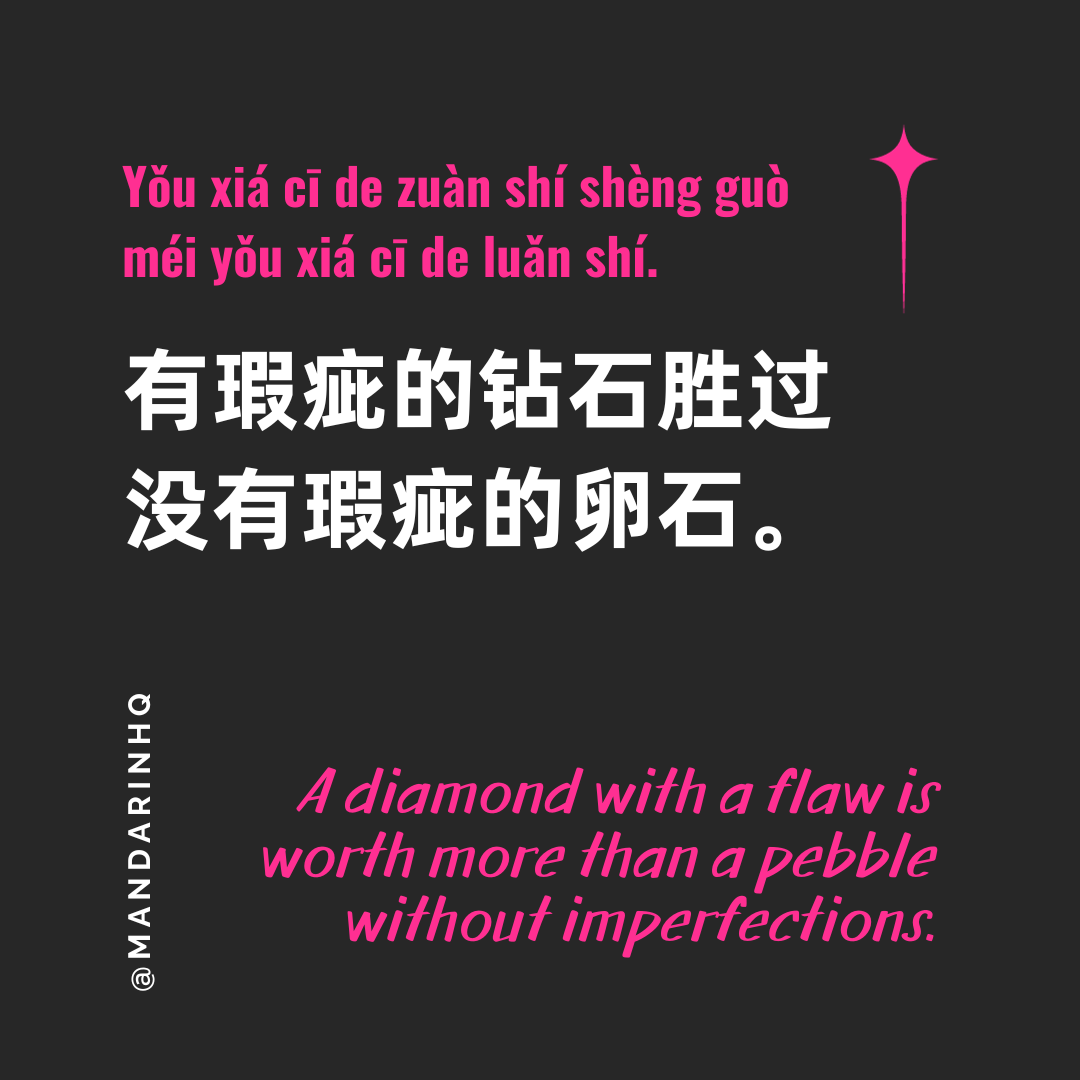
Losing Yourself in Others' Focus: My Journey of Self-Discovery
Share
![Who am I by Ming Di Liu [poem] : r/Poetry](https://preview.redd.it/who-am-i-by-ming-di-liu-poem-v0-zin973fup5yc1.jpeg?width=640&crop=smart&auto=webp&s=de7877f0ddd63126678cb37cc4b3e505387e039c)
Who Am I by Ming Di Liu [Image by Reddit]
Have you ever found yourself so immersed in someone else's world—so focused on their needs, their feelings, their expectations—that you lost track of yourself? Over the past few years, I’ve come to understand how easy it is to become entangled in others’ lives as a carer, sometimes voluntarily, sometimes through subtle suggestions or unconscious habits.
I’ve realized that in trying to support, please, or understand others, I had started to peel away my own layers—some layers I willingly shed, seeking growth, clarity, or peace. Others were peeled away involuntarily, shaped by external influences, societal expectations, or the unspoken pressure to be everything for everyone.
This process has been a slow journey of self-awareness, healing, and reclaiming my identity—learning to look inward rather than constantly outward. It’s a journey I want to share, in the hope that others might see parts of their own story in mine and find the courage to peel away what no longer serves them.

[Image by Vienna Lane]
The Layers We Accumulate
As humans, we naturally build layers of personality, habits, beliefs, and experiences. For me, some layers were formed through my childhood, shaped by my environment, family, culture and society. Others were added through years of caring for my mother (after her stroke left her wheelchair bound when I was still eighteen), trying to meet her and others' expectations, or simply adapting to different situations.
Some layers were voluntary—I consciously chose to suppress certain emotions or conform to roles I believed I needed to fulfil. For example, I learned to be the party friend whose goal was to make people laugh and keep a light-hearted atmosphere. The dependable daughter who seamlessly multitasked all of my mother's medical obligations, as well as supporting her at home through any issues. The nurturing figure was when I became an impromptu nurse on many occasions when dealing with my mother's conditions (from the flu, food poisoning, to burns). Often, all these were executed by putting my needs aside to focus on hers or the comfort of others.
Other layers were accumulated unconsciously—suggestions from external voices (friends of my mother's) who would periodically visit and 'helpfully' suggest improvements without knowing whether I had already done certain things or whether they were even possible. Societal messages that told me I should be selfless (she was my mother, and as such, it was only natural to put my life on hold and focus mainly on her needs, mine coming a distant second). Another reason was to be accommodating (don't rock the boat, don't cause trouble, do what's expected of you with a smile, don't show people you're struggling, don't ask for help, don't show weaknesses). Better yet, be invisible to keep the peace. Over time, these layers began to obscure my true self, and I started to confuse my identity with the roles I played. Those roles started to become more real the more space they started to take.
 [Image by Preaching and You Were Sleeping]
[Image by Preaching and You Were Sleeping]
The Moment of Realisation
The turning point came when I lost my mother in 2022. I was now age 42 and I started to notice how much I had lost myself—my opinions, my desires, my boundaries. I realised that before I was often so focused on her needs that I wasn’t even sure what I wanted anymore. I had no idea who I was without my 'duties'. I felt devalued as my role in the world was now gone. Who was I without being my mother's carer or her daughter? My previous defence mechanisms to balance my home life with the carefree image I portrayed to the outside world were also gone. I exhausted myself trying to fit a mould, a role that no longer existed. Trying to act 'strong' as I always had. I was the 'logical' one. I was not the 'emotional' one. This worked for a period. I delved into the funeral preparations, the repatriation of my mother, two funerals (one in London and one in Eritrea), the sorting of legal papers, the home we shared, the redecorating, and even publishing a book. I kept busy every day. I used lists to keep random thoughts at bay. I spent most of my time making lists and crossing tasks out. I looked for a job now that I was not a carer anymore, thinking I needed to fit the new label neatly. I had therapy and ticked off my list. Multiple times, I travelled to Italy to see my father, as his health started to suffer. I took first aid courses and smiled at all. Showing a strong front.
People’s focus on me when my mother passed was intense, and while it initially made me feel valued, I began to see that sometimes, in their focus, they ignored my actual needs or lost sight of 'me'. 'Be strong' was a phrase thrown out and recycled by many during those days. When my father passed a few months later, I felt the shift. People didn't know what to say to me. They attempted using the same phrase, but were probably relieved when I acted as if I was still 'dealing. I went on a job interview one week after I learned of my father's passing in Italy. An abrupt telephone conversation where an unknown doctor automatically stated words that would shatter me to pieces, but that he must have used several times a week.
I took the job as I needed to cling to some normalcy. I smiled, I worked hard. Very hard, every day. I got to work hours before my shift and on many occasions took work home too. I focused on perfection where none existed. I focused on my act so fully that each night I would crawl to bed exhausted. The only way to keep emotions at bay. Then the Easter holidays commenced, and with it, my mother's 1st anniversary came upon me. I was all of a sudden free of work tasks. I had built myself a fortress with them. With no work, my thoughts freely wandered, looking for cracks in my armour. What I did not realise was that my fortress was built of sand. Depression soon followed. So paralysing and deep that I felt I would suffocate from it. All the emotions from losing not one, but two parents in the space of months and all that had happened during 2022, hit me in 2023.
It wasn't until this year that I started to sort through my previous actions at that time. I started to question: was I supporting the people that were trying to support me by acting as if I was fine, or were they supporting their own version of me?
This awareness prompted me to reflect deeply. I asked myself: Who am I without these layers? What parts of me are still hidden beneath the layers I’ve peeled away? It was uncomfortable at first, confronting the parts of myself I had hidden or suppressed, but it was necessary for growth. It is still necessary for growth now, as I do not feel this is a journey that will easily take me to a clear destination.

[Image by StockCake]
The Process of Peeling Away
Peeling away layers is not a quick or easy process. It involves patience, self-compassion, and courage. Sometimes, I voluntarily chose to shed certain layers—letting go of the need to please others, setting boundaries, and expressing my true feelings. Other times, external circumstances or painful experiences forced me to confront what I had hidden.
My process involved:
- Recognising my patterns of over-giving
- Identifying parts of myself that felt lost or neglected
- Learning to set boundaries and say no
- Embracing my vulnerabilities and imperfections
- Reclaiming my voice through honest reflection and expression
The Challenges and Rewards
Peeling away layers is a challenging journey. It’s uncomfortable, sometimes painful, and requires resilience. You might face resistance, guilt, or fear of losing relationships. I experienced moments of doubt—wondering who I was without the roles I had played so long.
But the rewards are profound. As I shed these layers, I began to rediscover parts of myself that had been buried—my passions, my values, my authentic voice. I learned that self-awareness is a continuous journey, not a destination.
This process has helped me:
- Establish healthier boundaries
- Cultivate more genuine relationships
- Develop self-compassion and acceptance
- Find peace in my own company
- Grow into a more authentic version of myself

[Image by Mandarin HQ]
The Ongoing Journey
Today, peeling away is an ongoing process. I am learning to listen to my inner voice, honour my needs, and recognise when external influences are trying to shape me. I’m embracing the idea that growth isn’t about perfection but about progress—each layer I shed brings me closer to my true self.
I hope my experience encourages you to reflect: Are you carrying layers that no longer serve you? Are you losing yourself in others’ focus? Remember, peeling away is a brave act of self-love and growth.
Closing Reflection
Losing oneself in others can happen unexpectedly, but reclaiming your identity is within your reach. It’s a gradual process of peeling back layers, embracing vulnerability, and discovering who you truly are beneath it all. I invite you to start your own journey—one layer at a time.
Thank you for walking this path with me.
Warm Disclaimer: Please remember, everyone’s journey of self-discovery and peeling away layers is unique. Be gentle with yourself as you explore, shed, and rebuild. If you’re struggling with emotional or mental health challenges, consider seeking support from a mental health professional. Your feelings and experiences are valid, and help is always available.

